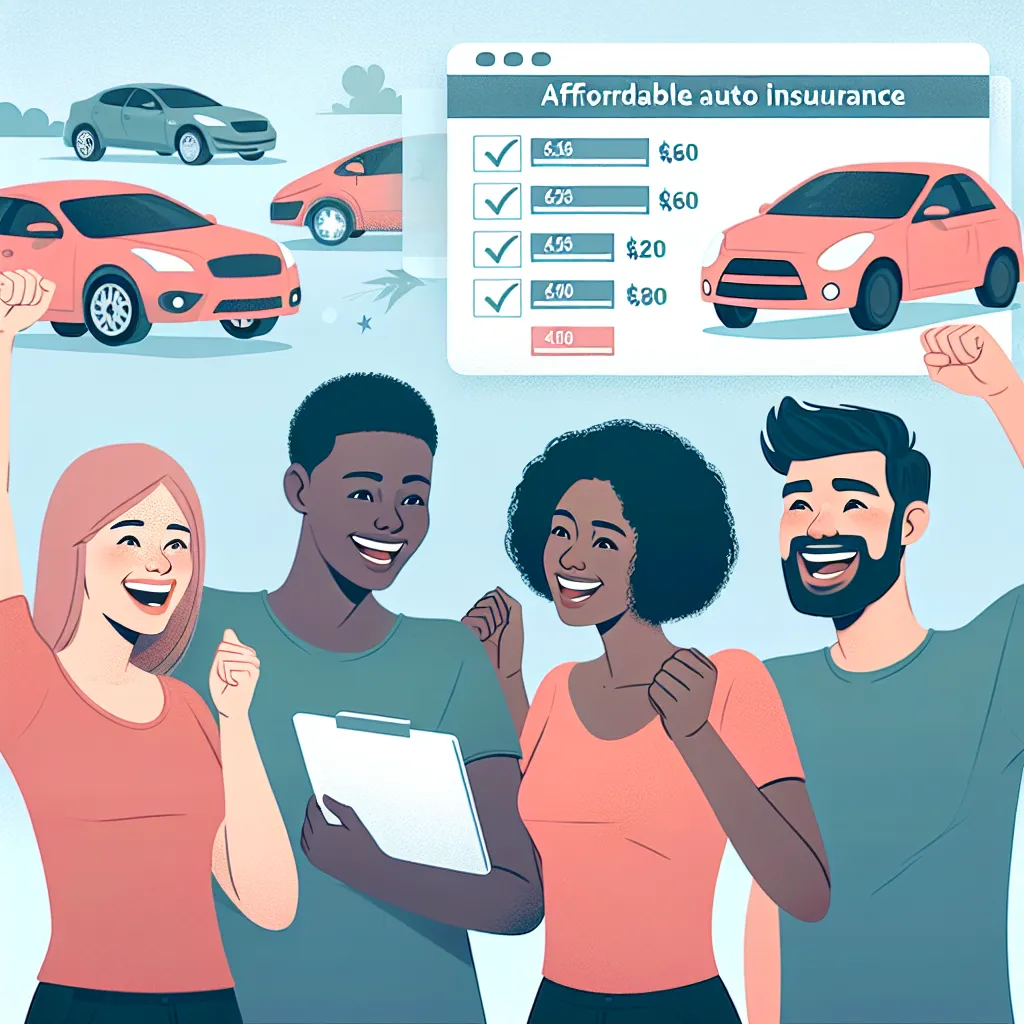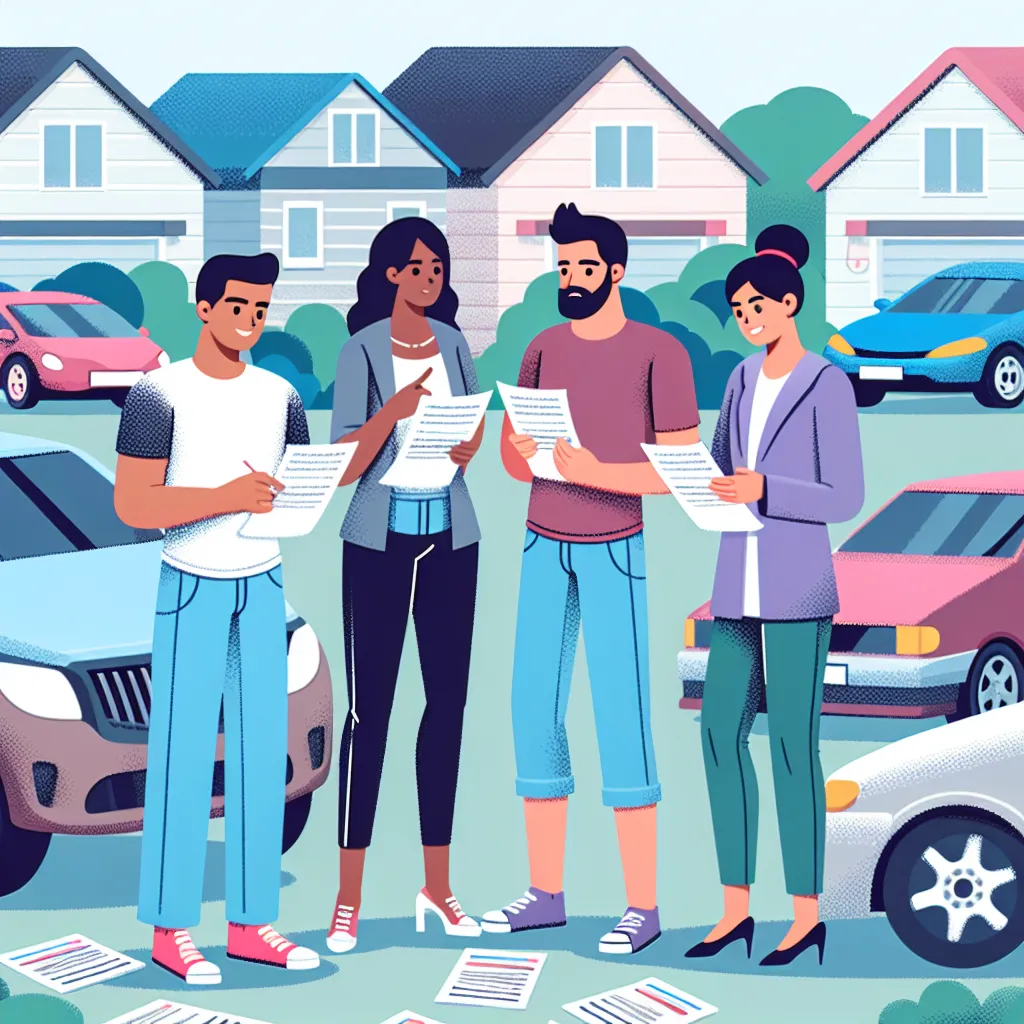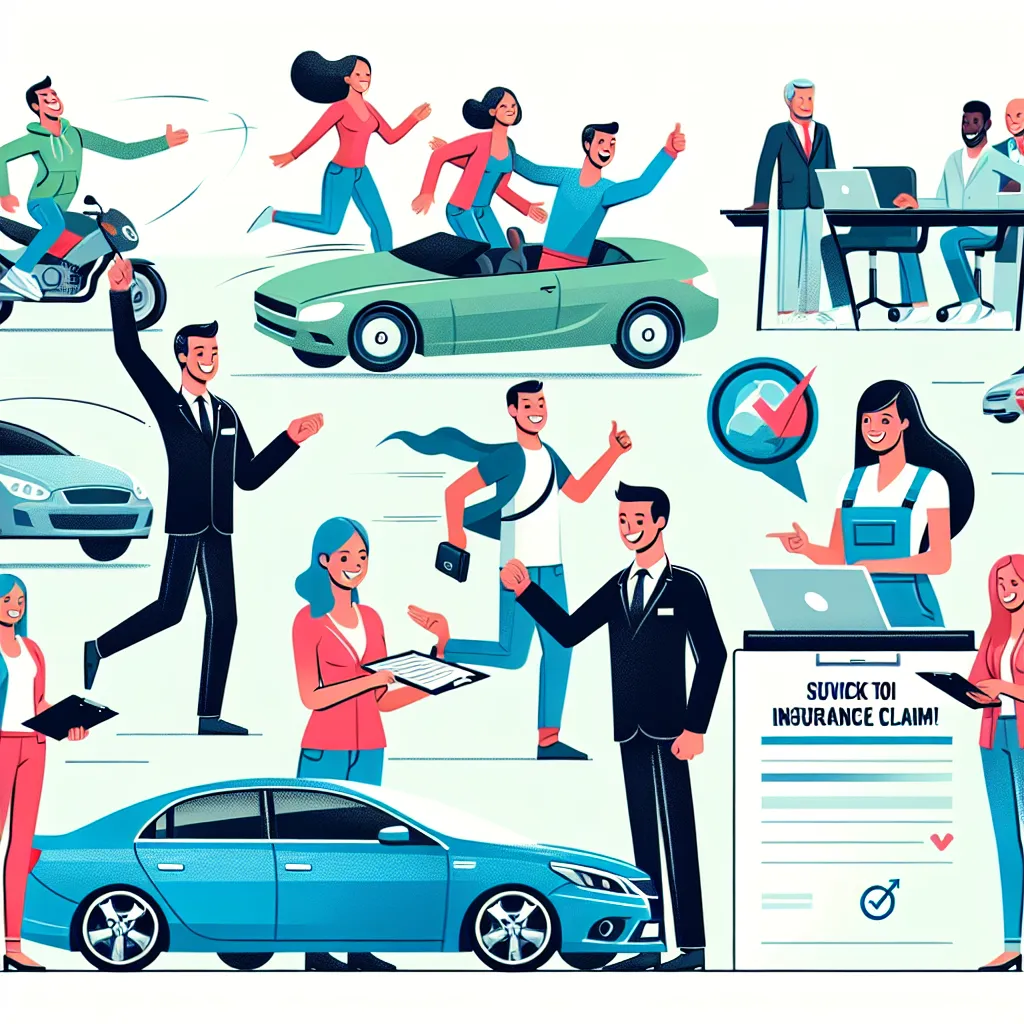Tag: Coverage Options
-
How to Find the Best and Cheapest Car Insurance

asd23fsFdf4sdf3
Discover how to get the best and cheapest car insurance with coverage tips, discounts, and expert advice for saving money on your policy. Read more
-
How to Find the Top Cheap Auto Insurance Deals

asd23fsFdf4sdf3
Discover the best cheap auto insurance options that balance affordability and protection. Learn tips to save money on your auto policy today. Read more
-
Unlock the Secrets to Affordable Car Coverage

asd23fsFdf4sdf3
Discover the best cheapest car insurance options that balance cost and coverage. Learn tips to save money without sacrificing protection. Read more
-
Mastering Quote Comparison Car Insurance for Better Deals

asd23fsFdf4sdf3
Discover how quote comparison car insurance helps you save money, find better coverage, and take control of your auto insurance costs. Read more
-
Unlocking the Secrets of Car Insurance Quotes Near Me

asd23fsFdf4sdf3
Discover how to get the best car insurance quotes near me. Learn tips, benefits, and what influences local auto insurance rates today. Read more
-
Discover the Best Auto Insurance Quotes Near You

asd23fsFdf4sdf3
Learn how auto insurance quotes near me help you find personalized coverage, local discounts, and fast support. Save time and money today! Read more
-
Discover the Best Top Rated Car Insurance Options

asd23fsFdf4sdf3
Learn how to choose top rated car insurance that offers great coverage, fast claims, and savings. Make an informed decision today. Read more
-
Discover the Best Top Rated Auto Insurance Policies

asd23fsFdf4sdf3
Learn how to choose top rated auto insurance with reliable claims, coverage, and customer service for peace of mind on the road. Read more
-
How to Find the Best Good Auto Insurance for You

asd23fsFdf4sdf3
Discover how to choose good auto insurance that offers real protection, peace of mind, and savings. Learn the key factors to get the best coverage. Read more
-
Choosing the Right Coverage for Your Ride

asd23fsFdf4sdf3
Discover how to choose the best vehicle insurance for your needs, with tips on coverage, costs, and saving money on your policy. Read more
